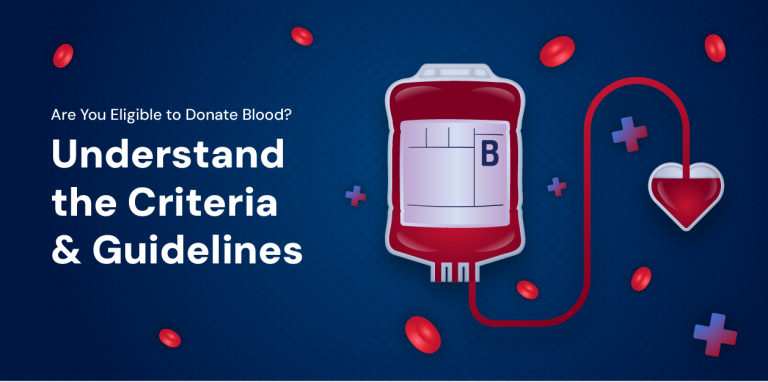Almost every woman suffers from one or the other gynaecological problem in her lifetime. Gynaecological diseases can affect the reproductive organs such as uterus, ovaries, fallopian tubes, external genitalia and breasts of a woman and thus it may affect her body functions too. Therefore, it is important to acknowledge the symptoms and act promptly to avoid the complications.
Here are a few common gynaecological disorders faced by women:
Dysmenorrhea
Some women go through excruciating lower back pain during their periods. This is known as dysmenorrhea. When the strong contractions occur in the uterus, the oxygen supply may go down, causing dysmenorrhea.
PMS or Premenstrual syndrome
Premenstrual syndrome (PMS) is a condition that affects a woman’s emotions, physical well-being, and behaviour on certain days before her menstrual cycle. The changing levels of estrogen and progesterone are said to be responsible for it.
Endometriosis
It is a condition where the inner lining of the uterus starts growing outside the walls of the uterus. It starts growing on the ovaries or the fallopian tube, however, it can even grow on the cervix, bladder, bowel, or rectum.
PCOD or Polycystic Ovarian Disease
PCOD is a disorder where the follicles, produced by the ovaries, develop cysts instead of eggs. Therefore, this reduces the number of eggs and can cause fertility issues. It can also cause mood swings and depression.
Urinary Tract Infection (UTI)
Urinary tract infection is caused by bacteria. The reasons for this can be; pregnancy, frequent intercourse, diabetes, etc. The symptoms include; burning sensation while urinating, abdominal cramps, pain while having sex, and the urge to urinate frequently.







